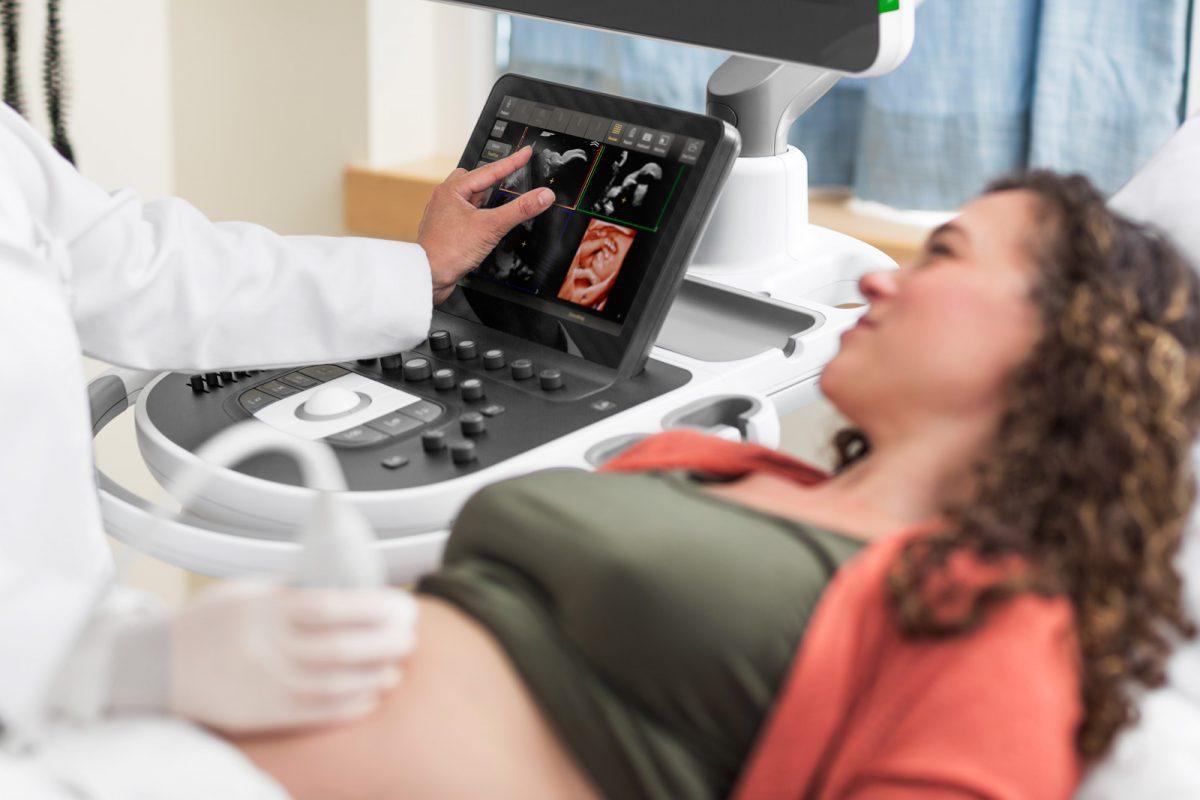Royal Philips, a global leader in health technology, today announced a multi-year partnership with Merck, a leading science and technology company, to develop clinical-grade digital solutions for highly personalized fertility treatment.
Leveraging digital health technologies, advanced informatics, and mobile, AI-enabled ultrasound diagnostics, these solutions will aim to better inform patients and clinicians about the choice and timing of fertility treatment to maximize the chances of conception.
“At Philips we are leading digital transformation in healthcare, with a portfolio that includes solutions for both professionals and consumers to support parents-to-be through pregnancy and the first years of their baby’s life,” said Jeroen Tas, Chief Innovation & Strategy Officer, Royal Philips. “The journey for aspiring parents is sometimes a difficult one, and by collaborating with Merck, a world leader in fertility treatment, we aim to develop integrated digital solutions that improve the patient experience and can ultimately have a positive impact on health outcomes. This partnership builds on our expertise in maternal and fetal monitoring, our Pregnancy+ and Baby+ consumer engagement apps, our leading ultrasound solutions and our HealthSuite Cloud/AI platform.”
“We believe that the future of IVF will be unlocked through digital health technologies that empower professionals and patients to be better connected,” said Michelangelo Canzoneri, Global Head of Digital and Data, Healthcare at Merck. “With Philips, we have a partner that shares our belief in the potential of digital health to improve the patient experience, bringing a wealth of experience in connected care to our offering. Together, this collaboration will push our two companies to think beyond tomorrow and discover new solutions that can empower people to realize their dreams of parenthood,” added Jan Kirsten, Head of Global Business Franchise for Fertility at Merck.
Digital health and virtual care technologies have proved invaluable during the COVID-19 pandemic in keeping patients and their care teams in virtual contact, accelerating digital transformation in healthcare. Digital technologies including remote patient monitoring, cloud-based services and AI are playing an ever more important part in achieving better patient outcomes, better patient and staff experiences, and low cost of care – the quadruple aim of healthcare.
